The LOSC is the foremost international legal instrument for realizing collaborative approaches to maritime security. The Africa Maritime Law Enforcement Partnership similarly employs Navy vessels and Coast Guard law enforcement detachments.
 What Does A Maritime Enforcement Specialist Me Do Youtube
What Does A Maritime Enforcement Specialist Me Do Youtube
Maritime law governs private maritime questions disputes or offenses and other nautical matters.

Maritime law enforcement. Authority in maritime law enforcement which create assumption that there are some law enforcement institution representative within this organization for the purpose to continue any legal action to the official investigation apparatus until entering prosecution stage and tribunal. JCG which includes about 13000 coast guard officers has a limited capacity for maritime law enforcement in regard to Japans long coastal line and vast EEZ area. In order to practice law enforcement at sea states must possess a physical capacity to do so usually in the form of maritime patrol vessels and aircraft but just as important is the clarification between states about territorial jurisdiction rights of vessels at sea and sovereignty of states in whose maritime territory suspect vessels may be pursued and boarded.
This dissertation is a study of maritime law enforcement against piracy and armed robbery at sea in Nigeria. 2 Maritime security supports an international order that is maintained through rule of law and relies upon clear regulation of and adherence to the principles of both customary and formal international. They are responsible for all United States waters and waters that fall under the jurisdiction of the United States as well as controlling US borders.
The role of JMSDF in maritime law enforcement is limited to highly violent crimes such as piracy cases related to suspicious vessels and cases involving foreign warships. Journal on the Use of Force and International Law. Maritime law enforcement concerns international shipping vessels as well as private seafaring vessels.
By accepting the maritime law enforcement role the Navy may help close maritime security gaps not only in the homeland but also on the maritime global commons. However while such information mayand sometimes doesplay a role in real cases where maritime law enforcement action is taken it is obviously not the only or even necessarily the best source of actionable intelligence in maritime law enforcement. But in a variation on the model the detachments act in an advise and assist role to the local boarding teams which lead the enforcement operations and a partner nations vessel often substitutes for the Navy.
As an act maritime law enforcement includes the active policing of waterways the enforcing of tariffs or other trade laws protecting from piracy and ensuring safe navigation. The distinction between maritime law enforcement and the use of force at sea is as intricate in law as it is fundamental in practice. Therefore it is important to understand the effects of the Navys lack of law enforcement powers on maritime security operations and maritime security as a whole.
Maritime Security and the Convention on the Law of the Sea 1 Background. In most developed countries the maritime law follows a separate code and is an independent. It identifies the challenges of combatting the offences by examining national and regional law enforcement measures.
According to the Department of Defense the CCG is responsible for a wide range of missions under the umbrella of maritime rights protection including enforcement of Chinas sovereignty claims surveillance protection of fisheries resources anti-smuggling and general law enforcement. The growth of coastguards and other MLE forces has been particularly evident in Southeast Asia. Maritime law enforcement MLE vessels are non-naval vessels employed on maritime law enforcement duties primarily coastguard vessels but also vessels of other MLE agencies such as marine police and fisheries protection services.
The use of force in the course of maritime law enforcement operations. The research examines the trends. Maritime Law enforcement has fallen in the hands of the US Coast Guard since 1790.
Many international legal aspects re garding the determination of the nature of forcible measures against foreign ships at sea have remained. Formation between intelligence and law enforcement agencies. The Maritime Law Enforcement program protects Americas maritime borders from encroachment defends our Nations maritime sovereignty from illicit activity facilitates legitimate use of the waterways and suppresses violations of federal law on under and over the high seas and waters subject to the jurisdiction of the United States.
Disagreements have not only made cooperation difficult but have led to increasingly frequent confrontations between rival Maritime Law Enforcement MLE forces and fishermen.
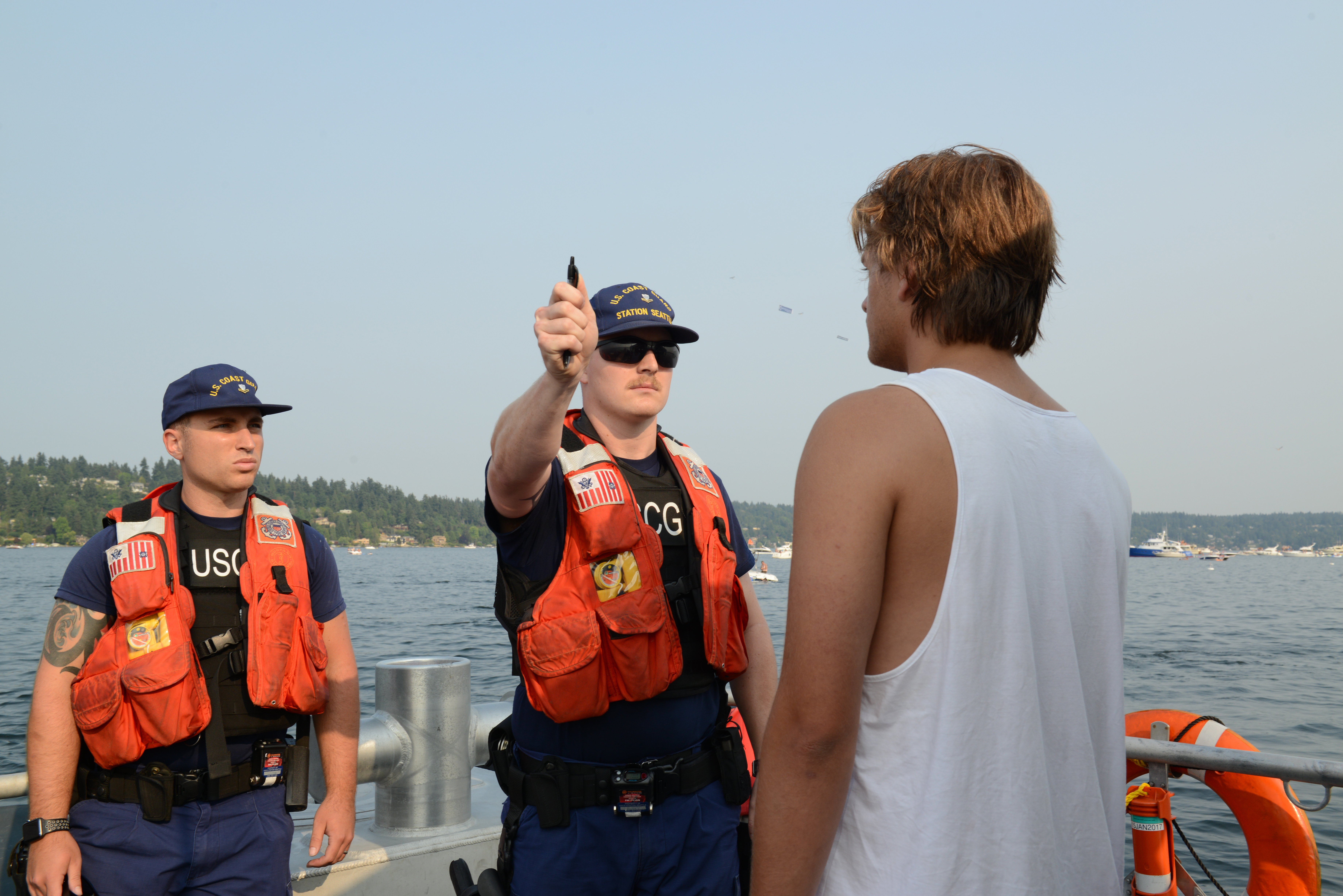 Time To Get The Coast Guard Maritime Enforcement Specialist Rating Right Proceedings March 2019 Vol 145 3 1 393
Time To Get The Coast Guard Maritime Enforcement Specialist Rating Right Proceedings March 2019 Vol 145 3 1 393
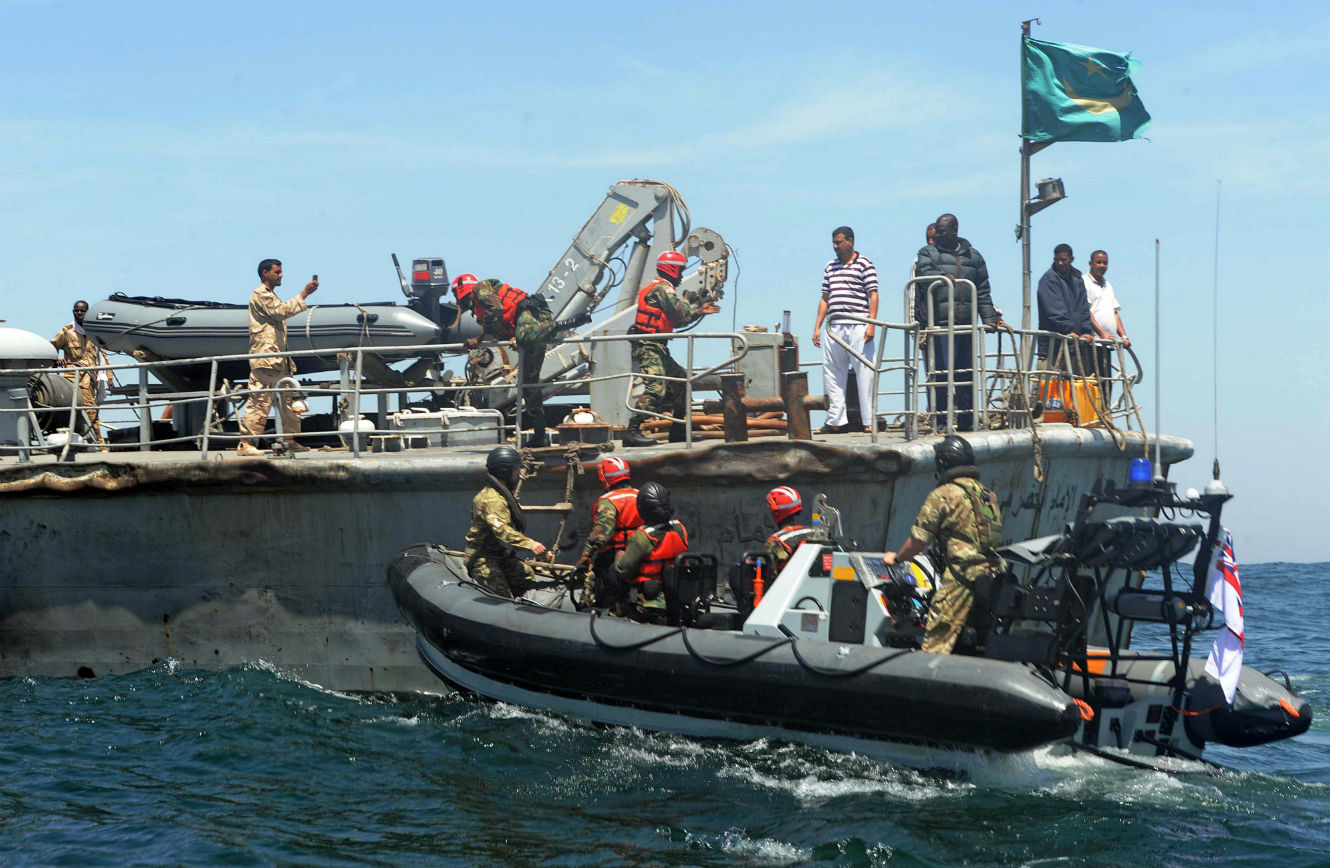 Filling The Maritime Law Enforcement Gap War On The Rocks
Filling The Maritime Law Enforcement Gap War On The Rocks
![]() Indonesia S Maritime Law Enforcement Faces Troubled Waters East Asia Forum
Indonesia S Maritime Law Enforcement Faces Troubled Waters East Asia Forum
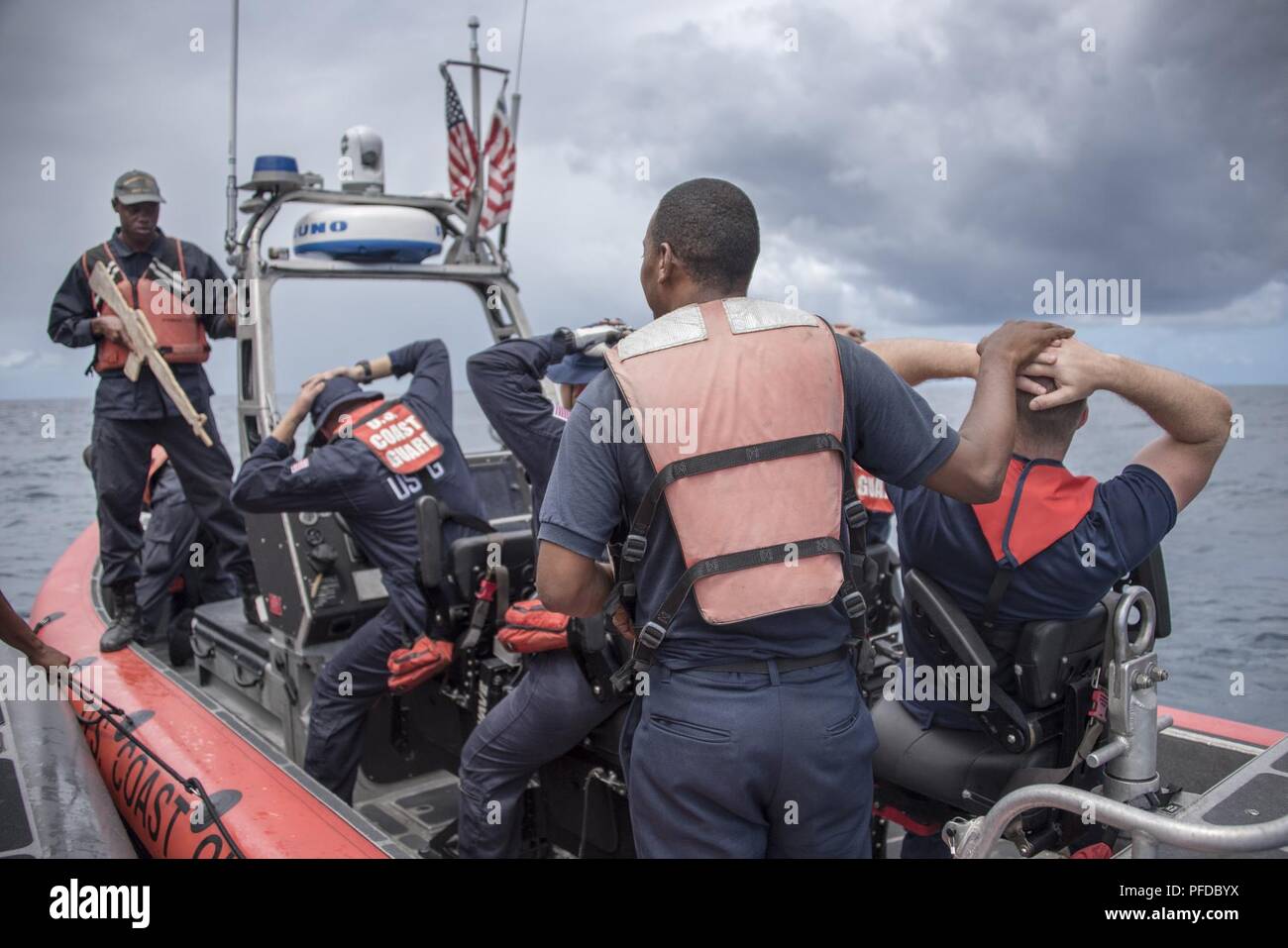 Crewmembers Of From The Maritime Law Enforcement Academy Conduct Law Enforcement Training With Several Nations During
Crewmembers Of From The Maritime Law Enforcement Academy Conduct Law Enforcement Training With Several Nations During
 Unodc Empowers Female Officers In Maritime Law Enforcement Across Eastern Africa
Unodc Empowers Female Officers In Maritime Law Enforcement Across Eastern Africa
Protecting America A Day In The Life Of An Me A School Student Coast Guard Coast Guard Compass
 Maritime Law Enforcement Academy Military Wiki Fandom
Maritime Law Enforcement Academy Military Wiki Fandom
 Maritime Law Enforcement Academy Wikipedia
Maritime Law Enforcement Academy Wikipedia
 Msst Maritime Law Enforcement And Force Protection Team Coast Guard Us Coast Guard Army Navy
Msst Maritime Law Enforcement And Force Protection Team Coast Guard Us Coast Guard Army Navy
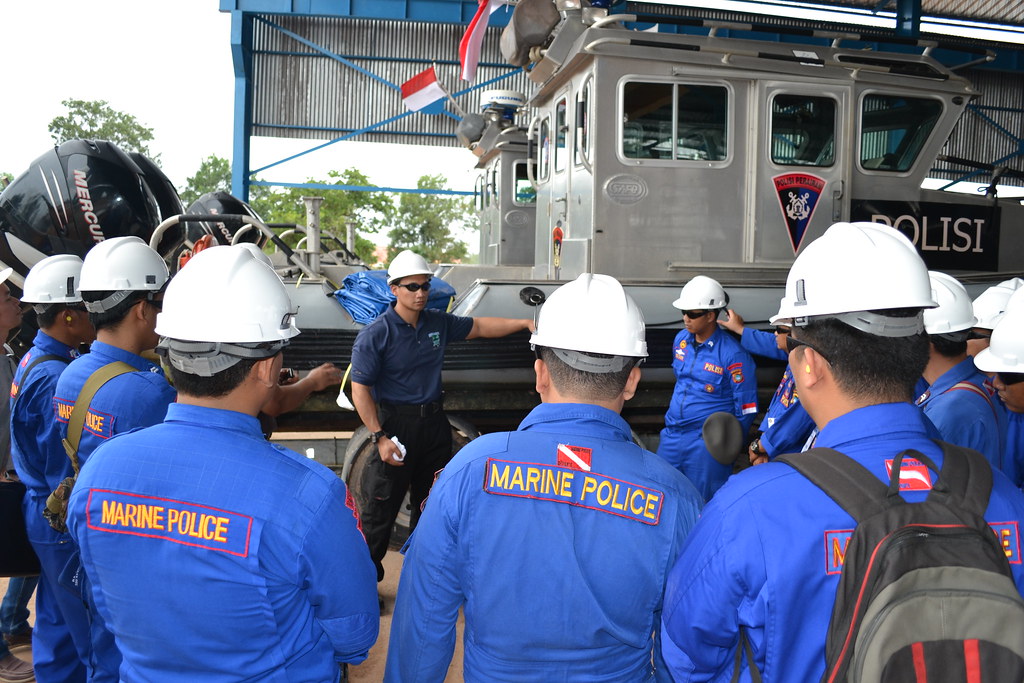 Supporting Maritime Law Enforcement In Indonesia Members O Flickr
Supporting Maritime Law Enforcement In Indonesia Members O Flickr
 Btoc Prepares Maritime Law Enforcement Specialists Marine Corps Base Camp Lejeune Article
Btoc Prepares Maritime Law Enforcement Specialists Marine Corps Base Camp Lejeune Article
 U S Coast Guard Federal Police Of Brazil To Co Host The 22nd Multilateral Maritime Counter Drug Summit Mmcds In Brasilia Brazil U S Embassy Consulates In Brazil
U S Coast Guard Federal Police Of Brazil To Co Host The 22nd Multilateral Maritime Counter Drug Summit Mmcds In Brasilia Brazil U S Embassy Consulates In Brazil
 U S And Philippine Coast Guards Conduct Maritime Law Enforcement Training U S Embassy In The Philippines
U S And Philippine Coast Guards Conduct Maritime Law Enforcement Training U S Embassy In The Philippines
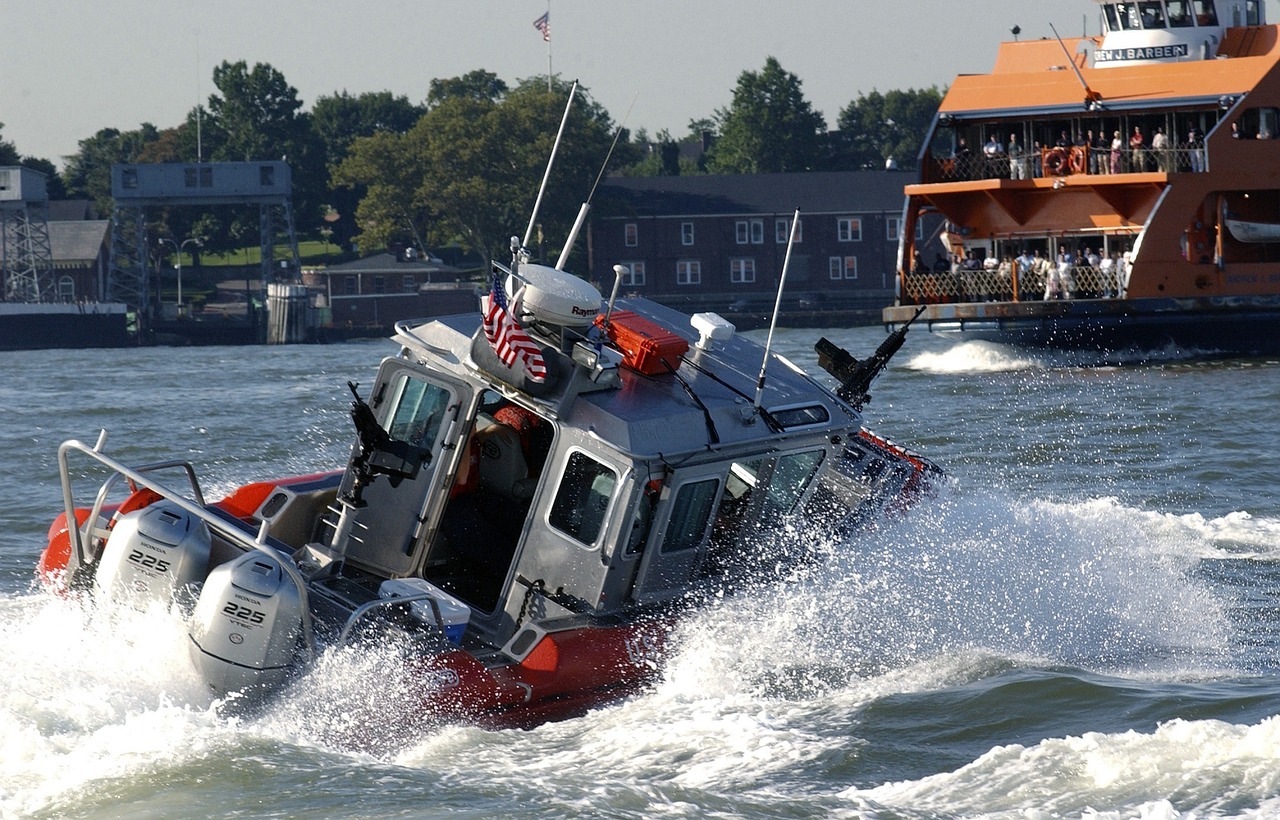 Maritime Law Enforcement In The United States Moschetta Law
Maritime Law Enforcement In The United States Moschetta Law
Comments
Post a Comment